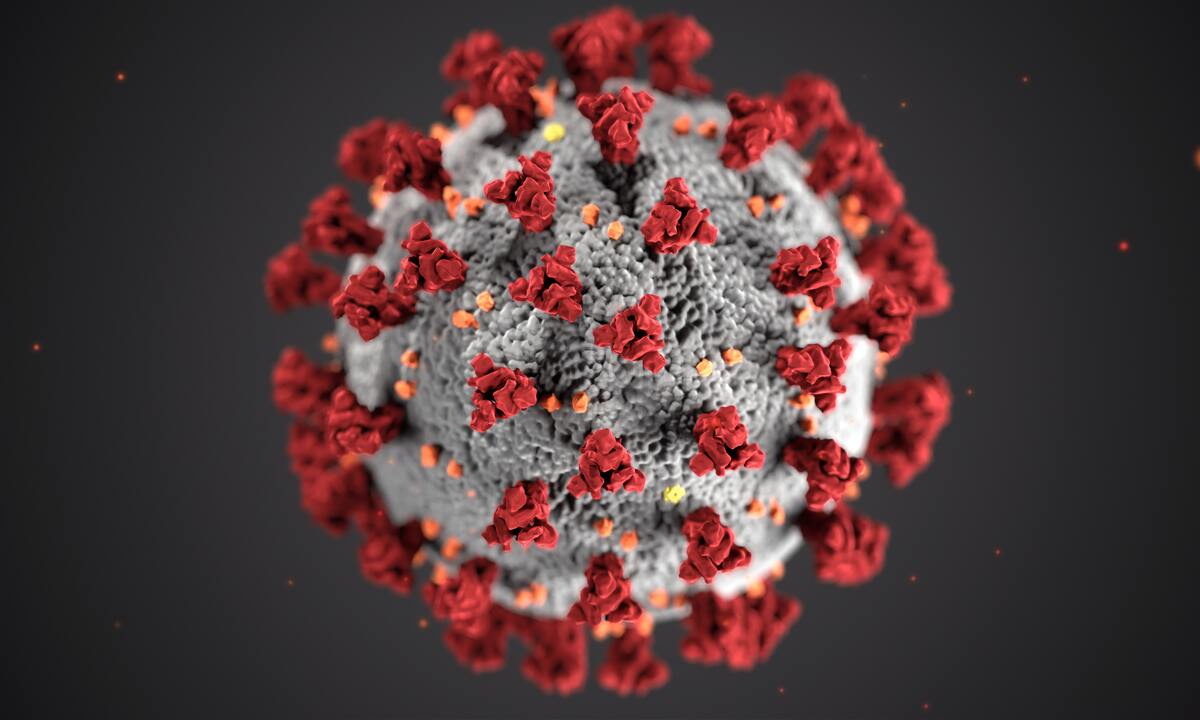News
Activists Warn of Threat to South Africa’s River Systems From High E. Coli Levels

WaterCAN, a water action initiative, has announced that it is considering pressing criminal charges against the City of Johannesburg and the eThekwini Municipality for the high levels of Escherichia coli (E.coli) found in some of the country’s rivers. The initiative carried out tests on the Klein Jukskei River in Johannesburg and other rivers in Durban, which revealed that the high levels of E. coli are due to many years of neglect and a lack of upgrades on wastewater infrastructure as reported by Eyewitness News.
In addition, WaterCAN has expressed its concern over the lack of urgency in addressing sewage spills in water systems. The organization pointed to a viral video on social media platforms depicting sewage spilling into a river in Eastern Cape.
Furthermore, high levels of E.coli resulted in the closure of various beaches in Durban and Cape Town. WaterCAN’s manager, Ferrial Adam, stressed the need for prompt action to prevent the degradation of our rivers into lifeless systems. Adam also suggested that Johannesburg Water should conduct more frequent tests to gauge the impact of overflow and spillages within the city.
Escherichia coli (E. coli) is a bacterium that commonly resides in the lower intestine of warm-blooded organisms.
While most E.coli strains are not harmful, some can cause severe food poisoning. Shiga toxin-producing E. coli (STEC) is a bacterium that can lead to life-threatening diseases like haemolytic uraemic syndrome (HUS), particularly in young children and the elderly.
Raw or undercooked ground meat products, raw milk, and faecal contamination of vegetables are the primary sources of STEC outbreaks. Therefore, it is essential to follow the “Five keys to safer food” guidelines recommended by the World Health Organization to prevent infections with foodborne pathogens such as STEC, which includes thoroughly cooking food.






















